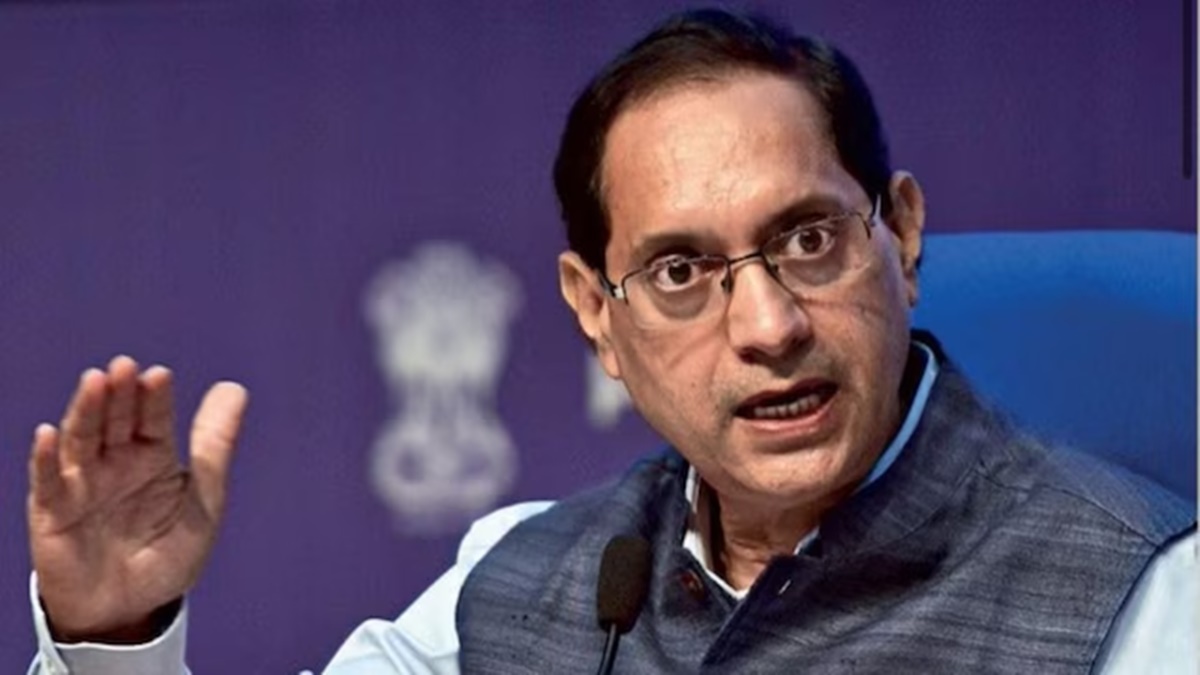The Securities and Exchange Board of India (SEBI) is actively working to address the challenges hindering the initial public offering (IPO) of the National Stock Exchange (NSE), as revealed by Chairman Tuhin Kanta Pandey on Thursday. He emphasized that while commercial interests are significant, they will not overshadow the fundamental interests of the public when making decisions about the IPO of India’s largest stock exchange.
SEBI’s Commitment to Public Interest
During a discussion at the 18th CII Corporate Governance Summit, Pandey expressed that the ongoing dialogue with exchanges is crucial since they act as primary regulators. He stated, “It’s essential that we safeguard public interests, especially as our exchange framework involves for-profit entities.”
Historical Context of the NSE IPO
The NSE had initially sought to go public back in 2016, but the process was derailed due to controversies surrounding a co-location case from 2015. This case involved allegations that brokers exploited the NSE’s co-location facility to secure unfair trading advantages. In 2019, the exchange faced a hefty penalty of ₹1,100 crore from SEBI, although the regulator later cleared the NSE and its former officials of any collusion.
Current Status of the NSE IPO
Recently, reports indicated that the NSE has revived its IPO plans, seeking a "no-objection" certificate from SEBI. The regulator has established an internal committee dedicated to scrutinizing the IPO and has urged the NSE to address all outstanding issues. Key concerns from SEBI include the governance structure and ownership stakes within the Clearing Corporation.
Prioritizing Corporate Governance
In his address, Pandey underscored the critical role of corporate governance and the necessity for self-regulation within organizations. He remarked, “SEBI will uphold a higher standard of governance, but real transformation must originate from the corporate boardrooms themselves.”
- Key points from Pandey’s speech:
- Transition from minimum compliance to maximum governance.
- Boards should engage in more profound discussions and tackle challenging issues.
- Auditors and independent directors must serve as stewards of integrity.
Conclusion
As SEBI continues to navigate the complexities surrounding the NSE’s IPO, its commitment to protecting public interest remains steadfast. The focus on governance and ethical operations is vital for fostering trust in India’s financial markets. For further insights on corporate governance and regulatory frameworks, consider exploring related articles on financial governance practices.











